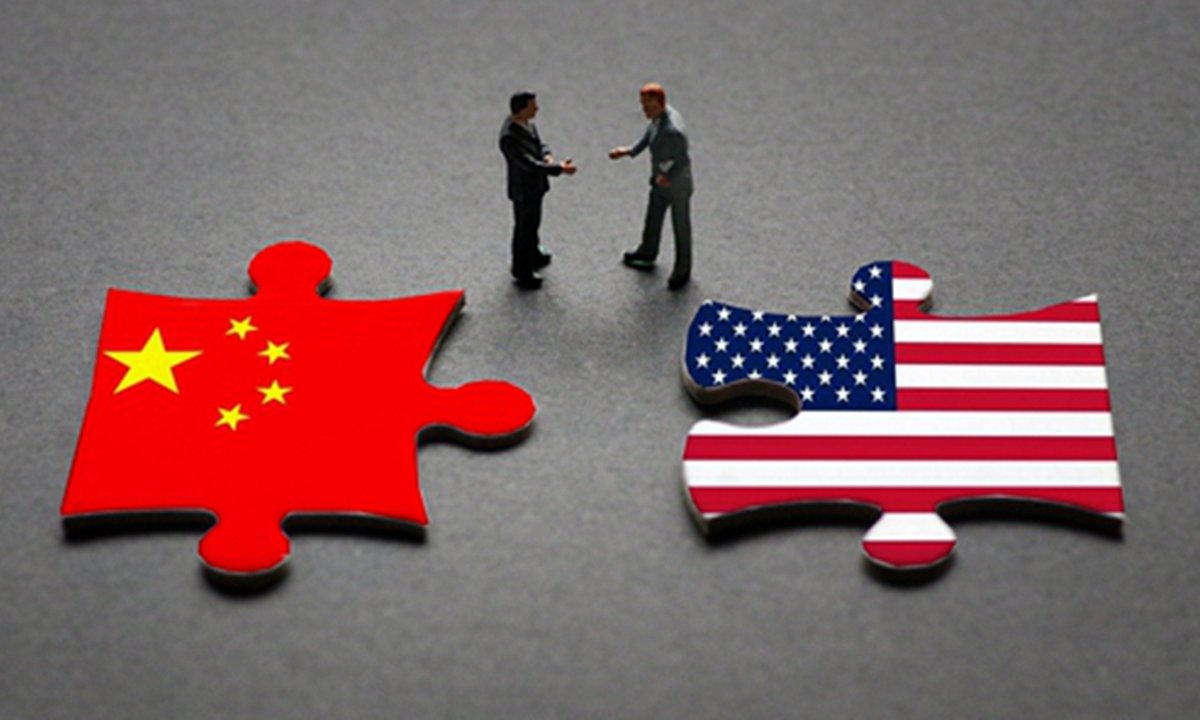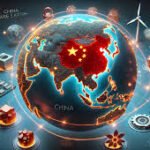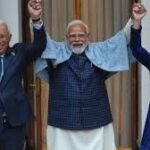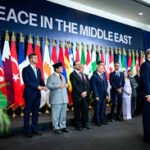China’s shadow over U.S. Presidential elections and Tim Walz, is a hot issue worldwide. The relationship between individual U.S. politicians and foreign nations, particularly China, has often come under scrutiny in recent years, especially in the context of accusations about foreign interference in U.S. elections. Tim Walz, the Governor of Minnesota, has been a figure of interest in this discourse, though there is no substantial evidence or credible reports that link him directly with any significant or unusual proximity to China. Nevertheless, understanding his position within the broader narrative of U.S.-China relations and electoral politics requires a nuanced exploration of the complexities at play.
Tim Walz, a member of the Democratic Party, has focused much of his political career on domestic issues, such as healthcare, education, and the economy, particularly in his home state of Minnesota. His governance has been marked by efforts to strengthen Minnesota’s economy, which includes fostering trade relationships with various countries, including China. China is a significant trading partner for Minnesota, particularly in agricultural exports. Like many state leaders, Walz’s interactions with China are generally framed within the context of trade and economic interests, rather than any form of political alignment or influence.
The broader narrative, however, is deeply influenced by the rhetoric and claims made during the 2016 and 2020 U.S. presidential elections, particularly by former President Donald Trump. Trump accused China of interfering in U.S. elections, framing his narrative around a broader geopolitical struggle between the United States and China. These accusations were part of a larger strategy to highlight China as a global adversary, both economically and politically.
During the 2016 election, Trump’s campaign alleged that China was attempting to manipulate the outcome of the election in favor of his opponent, Hillary Clinton. However, most of the discourse around foreign interference in 2016 focused on Russia rather than China. The U.S. intelligence community concluded that Russia had engaged in significant efforts to interfere in the election, primarily to sow discord and undermine confidence in the democratic process, with a particular focus on bolstering Trump’s candidacy. China was mentioned in some reports, but its involvement was not highlighted to the same extent as Russia’s.
In the 2020 election, Trump again accused China of attempting to influence the outcome, this time against him. These claims were part of a broader narrative in which Trump sought to paint China as a major global threat. He blamed China for a range of issues, from the COVID-19 pandemic to trade imbalances, and positioned his administration as the one that was toughest on China. The accusations of election interference were an extension of this narrative, though they were met with skepticism by many observers. The U.S. intelligence community, while acknowledging that China, along with Russia and Iran, had interests in the outcome of the election, did not find substantial evidence that China had engaged in the same level of direct interference as Russia had in 2016.
Tim Walz, like many U.S. politicians, has not been at the center of these accusations. His role as a state governor means that his interactions with China are more likely to be related to trade and economic matters rather than national security or election interference. Nevertheless, the broader accusations of Chinese influence in U.S. politics cast a shadow over many political figures, particularly those in states with significant economic ties to China.
It is important to understand that trade relationships with China are a common and often necessary aspect of governance for many U.S. states. China is one of the world’s largest economies, and for states like Minnesota, which rely heavily on agriculture and manufacturing, maintaining a relationship with China is essential for economic stability and growth. Governors, including Walz, often engage with Chinese officials and businesses to promote exports and attract investment, actions that are typical of state-level governance and do not inherently imply any form of undue influence or interference.
The accusations of Chinese interference in U.S. elections have had a broader impact on U.S.-China relations. They have contributed to an increasingly adversarial relationship between the two countries, characterized by tariffs, trade wars, and strategic competition. This tension has also influenced public opinion in the United States, with many Americans viewing China with increasing suspicion. In this environment, politicians at all levels of government must navigate a complex landscape where any engagement with China is scrutinized and potentially politicized.
Tim Walz’s proximity to China, therefore, should be viewed in the context of his role as a state governor focused on economic issues rather than as a player in the geopolitical tensions between the United States and China. His interactions with China, like those of many other governors, are primarily driven by the need to support his state’s economy. While accusations of Chinese interference in U.S. elections have created a charged atmosphere, there is no credible evidence to suggest that Walz’s actions have been influenced by China in any inappropriate way.
In conclusion, the discussion around Tim Walz’s proximity to China must be situated within the broader narrative of U.S.-China relations and the politicized discourse around foreign interference in U.S. elections. While China’s role in U.S. politics has been a contentious issue, particularly in the rhetoric of figures like Donald Trump, it is important to differentiate between legitimate economic engagements at the state level and unfounded accusations of interference. Walz’s relationship with China appears to be consistent with his responsibilities as a governor, focused on economic interests rather than political manipulation. The broader accusations of Chinese interference in U.S. elections, while significant in the context of national security and foreign policy, do not directly implicate Walz or suggest that he has any unusual or inappropriate proximity to China.
4o





Leave a Reply